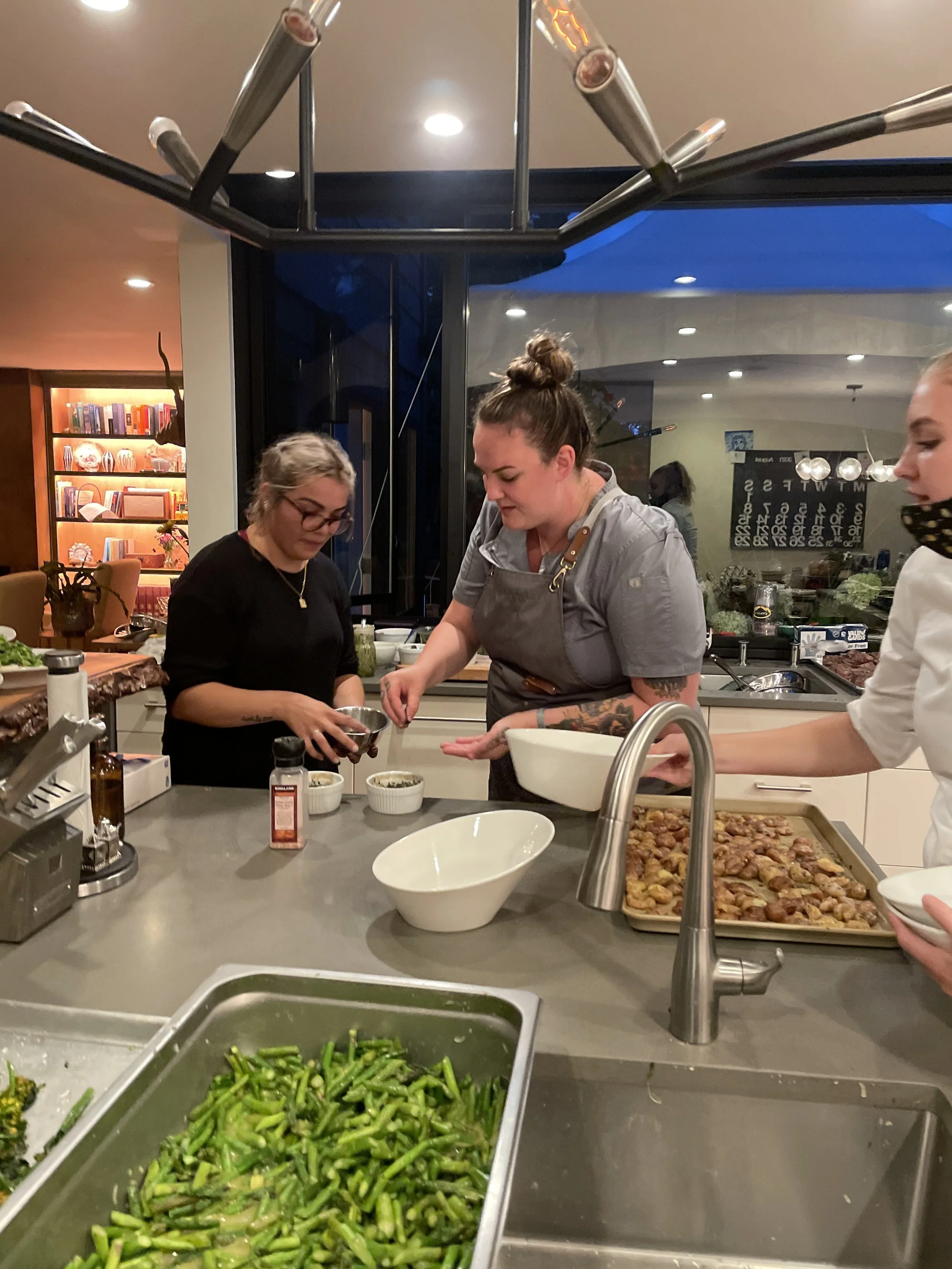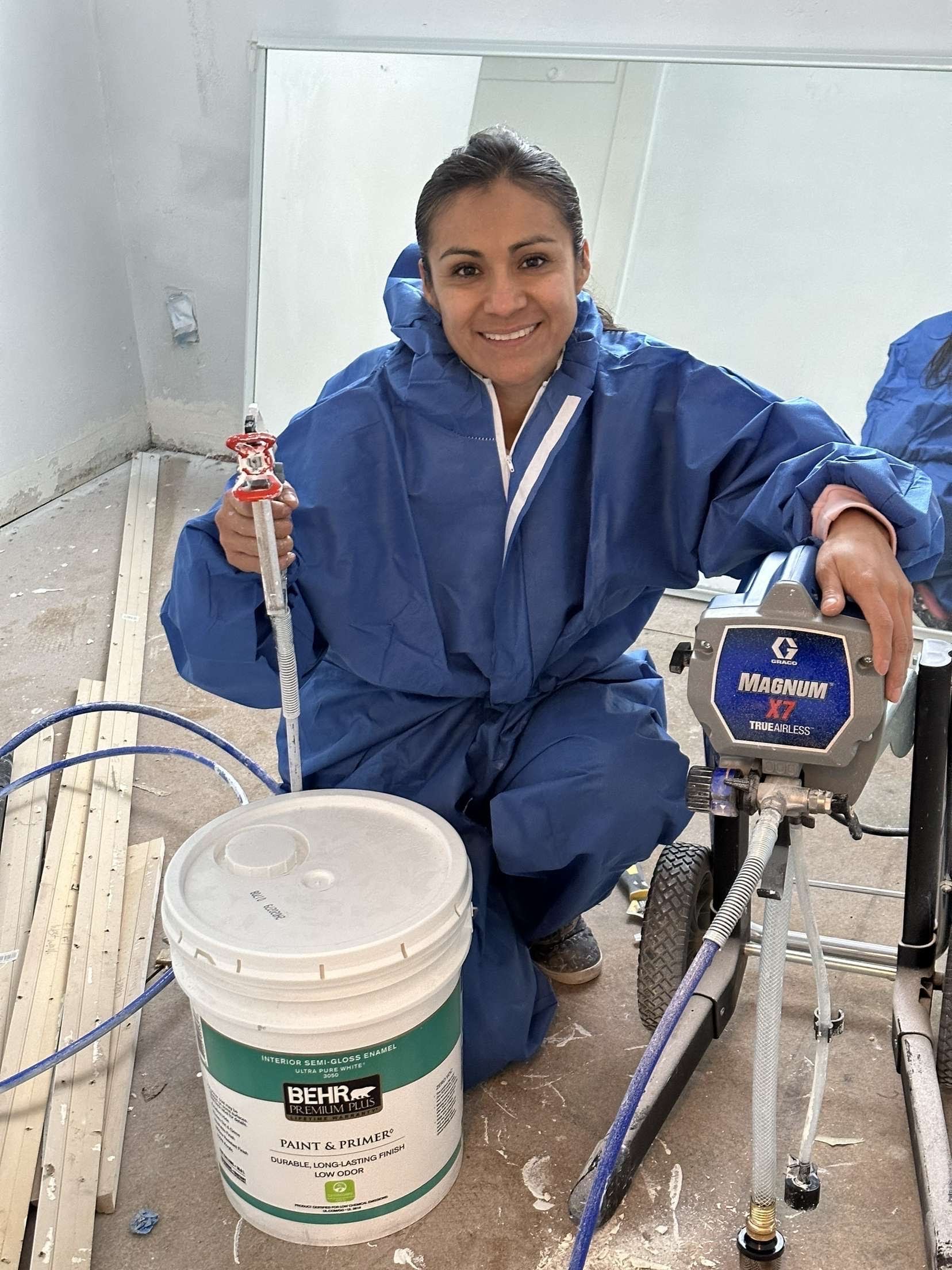Introduction
Embarking on a new business venture requires determination, strategic planning, and the right guidance. Don and Mai, a dedicated couple putting their passions together to open their own Thai restaurant, are on the verge of realizing their dream. In this inspiring client story, we explore their journey so far, highlighting the support provided by the Center for Inclusive Entrepreneurship (CIE) and their business advisor, Alex Alvarez. Join us as we delve into the challenges, milestones, and lessons learned.
Background and Vision
Don and Mai's aspiration to open a Thai restaurant stemmed from their personal experiences and family heritage. Mai's upbringing, surrounded by his mother's vibrant street food cart in Bangkok, ignited his lifelong dream of owning his own place. Building upon their extensive knowledge and previous involvement in the restaurant industry, the couple envisioned creating a culinary haven in the Burlington Skagit County area.
Formation and Business Planning
Currently in the formation phase, Don and Mai established their business as an LLC in Washington. Their partnership with CIE and the guidance of Alex, their dedicated business coach, proved instrumental in shaping their path forward. Through accurate financial forecasting and menu cost analysis, they gained a comprehensive understanding of the feasibility of their venture. Don emphasizes the importance of having a solid foundation and realistic appraisal, avoiding the common pitfalls undercapitalized businesses face.
Exploring Venue Options
Securing an appropriate venue is crucial to establishing a successful restaurant. Don and Mai are diligently exploring various scenarios with the assistance of three brokers. Their options range from buying out existing businesses and retrofitting vanilla pads to taking over abandoned restaurants. Each opportunity presents its own set of advantages and challenges, allowing the couple to gain insights into the different pathways of creating a restaurant business.
Lessons and Learnings
Don and Mai encountered several learning moments thus far. By working closely with Alex, they gained a new understanding of the financial intricacies involved in the restaurant industry. Their thorough cost analysis of menu items enabled them to project sales and determine the overall feasibility of their business. Additionally, they realized the significance of estimating renovation and construction costs accurately. Don highlights the importance of due diligence and staying informed about the evolving costs in the construction sector.
The Role of CIE and Alex
Don and Mai's introduction to the Center for Inclusive Entrepreneurship (CIE) came through a small business development center recommendation. CIE's commitment to supporting diverse entrepreneurs made the ideal partnership for the couple. The expertise and guidance provided by their business advisor, Alex, became a valuable resource throughout their journey. By leveraging the tools and support offered by CIE, Don, and Mai are receiving the necessary assistance to transform their business idea into a tangible reality.
Looking Ahead
As their business journey progresses, Don and Mai eagerly anticipate reaching critical milestones. The determination to accurately estimate construction costs and negotiate the installation of a grease trap represent significant hurdles to overcome. By successfully navigating these challenges, they inch closer to turning their vision into a thriving Thai restaurant that showcases their unique family recipes and delights customers.
Conclusion
Don and Mai's story exemplifies the transformative power of entrepreneurship, underscored by the importance of realistic planning and unwavering dedication. With the support of the Center for Inclusive Entrepreneurship (CIE) and their business advisor, Alex, they have overcome hurdles and gained valuable insights. Their inspiring journey is a testament to the impact of inclusive business coaching and the potential for individuals from diverse backgrounds to realize their entrepreneurial dreams. As they continue to pursue their passion, Don and Mai eagerly anticipate the day they can welcome customers to their Thai.








